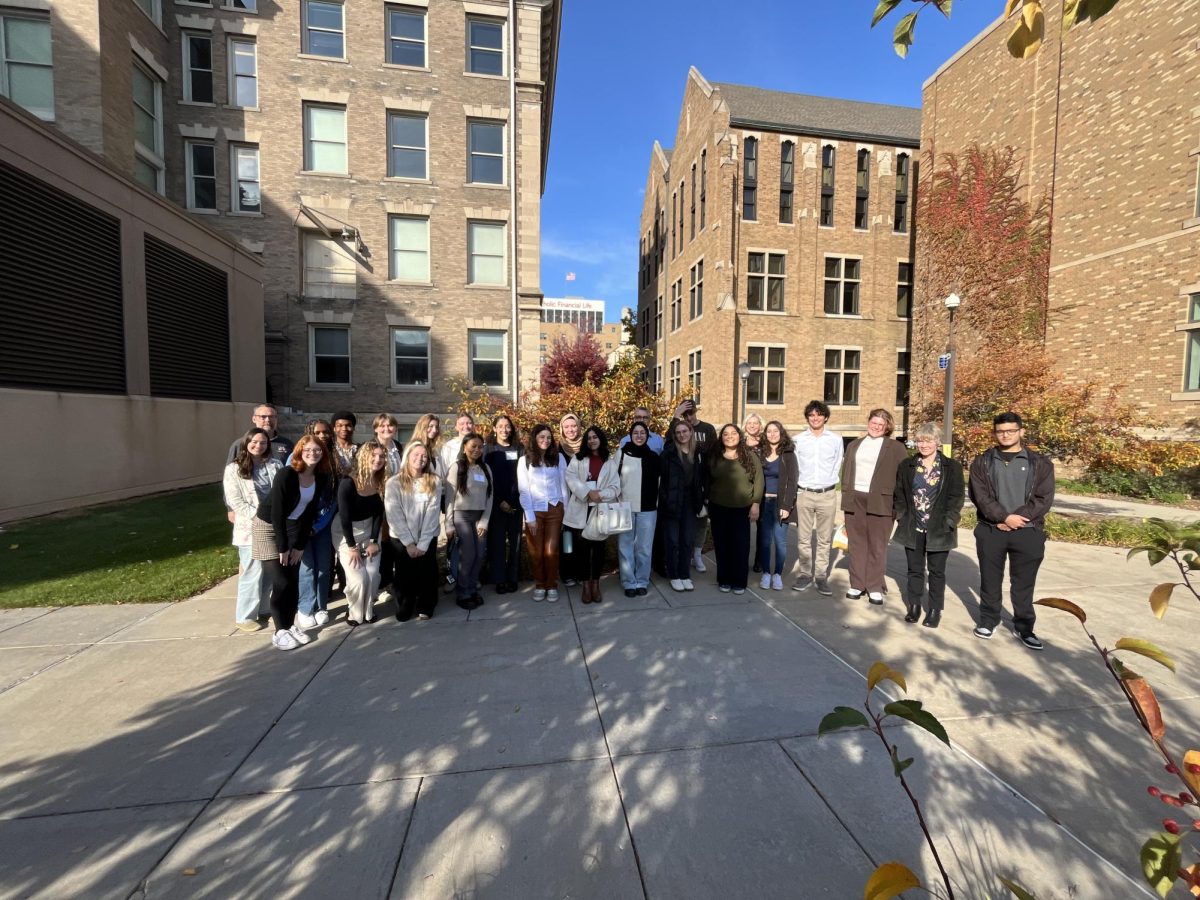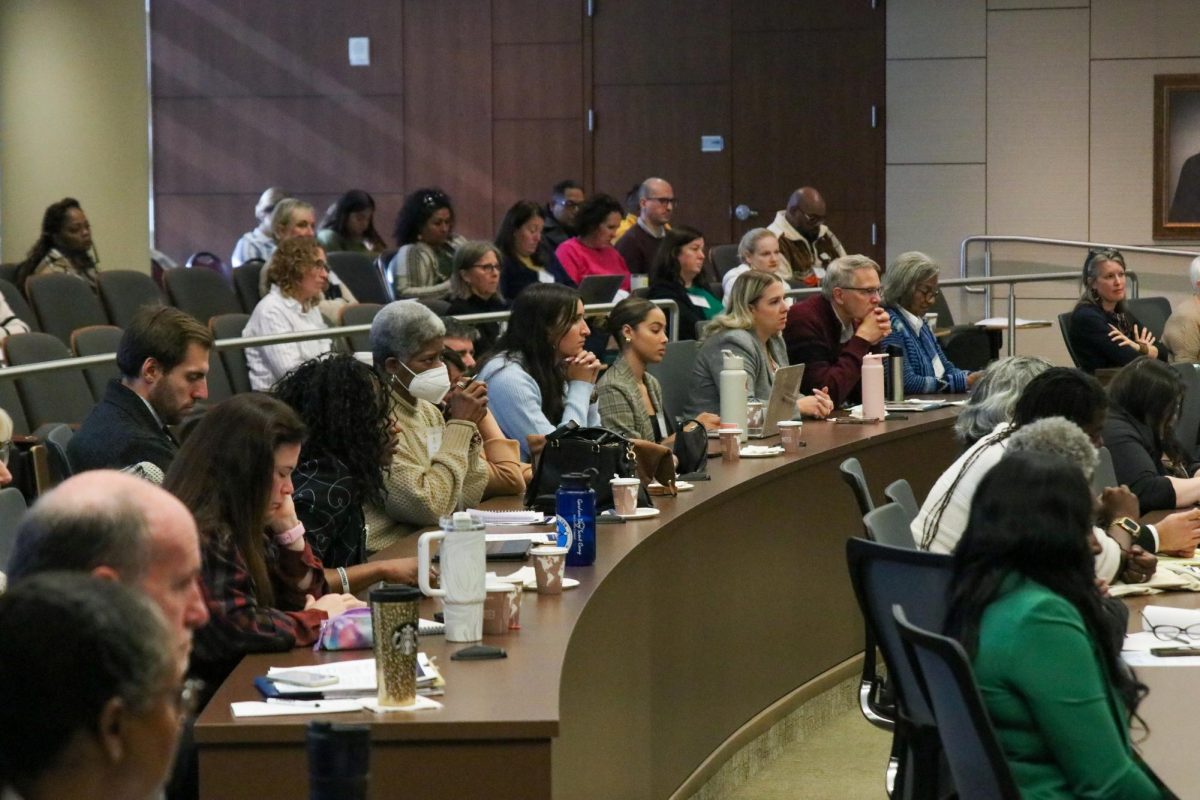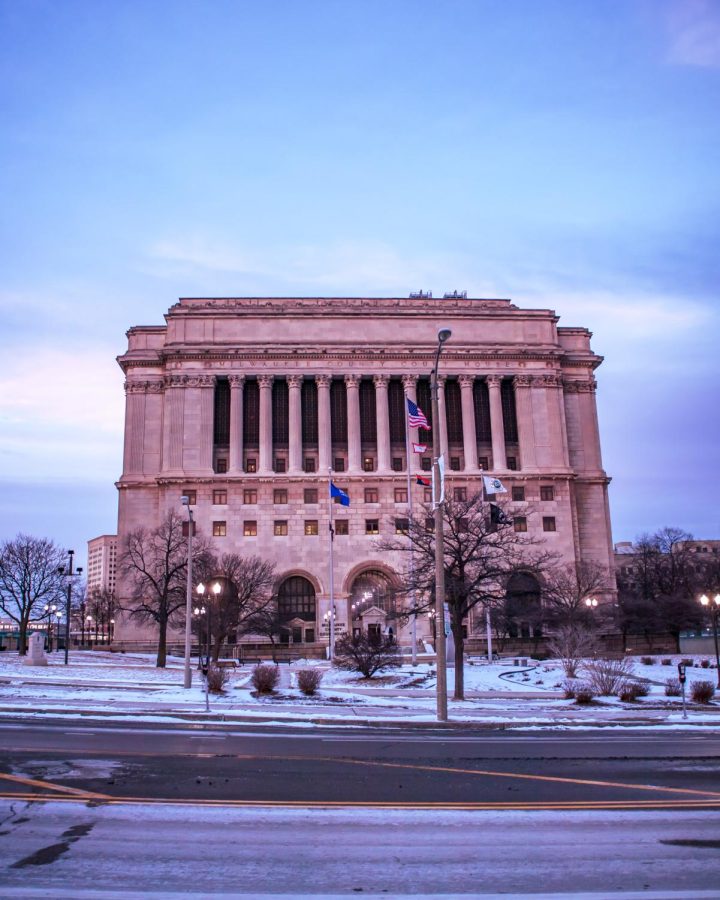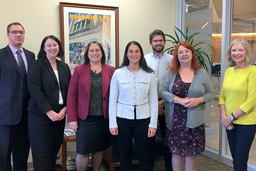Imagine this predicament: You are too poor to afford a lawyer, but not poor enough to receive free legal services.
It’s a reality for thousands of Milwaukee County residents, which is why the Milwaukee Justice Center was formed.
The Marquette University Law School partnered up with the Milwaukee Bar Association and Milwaukee County in October 2009 to form the MJC. Its goal is providing free legal information to those in need.
“If someone makes $13,538 a year, or 125 percent of the legal poverty line, they are generally not eligible for free legal aid,” said Noah Gehling, part of MJC’s web development team. “Our goal is to help that particular group. It looks like we’ll serve over 8,000 people this year.”
Last year, the justice center served 6,653 people, but hopes that number will increase following the launch of its new website Monday.
“It will help those who are unable to go to the self-help desks during the day because of work, family, etc.,” Gehling said.
The website offers legal guidance to those acting in pro se (without a lawyer) in divorce, child support, custody, small-claims, foreclosure, landlord-tenant issues, bankruptcy and name change, according to a press release that MJC sent out Monday.
“Let’s say that someone needs to modify the amount of child support they need to get paid, but can’t afford an attorney,” Gehling said. “(The website) is put into (everyday terms) and gives a step-by-step checklist. It tells users what forms need to be filled out and gives links on how to fill them out.”
In addition to its website, MJC services include self-help desks at the Milwaukee County Courthouse and periodical informational clinics.
Marquette law and undergraduate student volunteers make a significant contribution to MJC proceedings.
“Marquette’s been involved since the inception of the MJC,” said Adrienne Olson, the Pro Bono Coordinator at the law school. “What MU does is the self help desk. Law students staff it and provide advice under the supervision of an attorney.”
Marquette students also work at the referral clinics under the supervision of volunteer attorneys. These clinics do not actually offer representation. However, they will point litigants in the direction they need to go and appropriate referrals.
These clinics provide more expertise than the self-help clinics, which only provide procedural help.
The services are provided on a first-come, first-serve basis, which means some people may miss out on help some days. MJC’s new website was created to prevent this from occurring, Gehling said.
“It would be better if everyone had legal representation, but some people have no choice but to represent themselves, and the MJC is here to assist them.”





